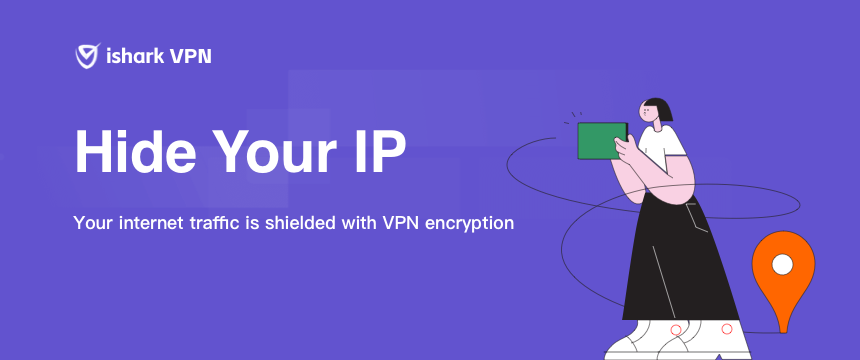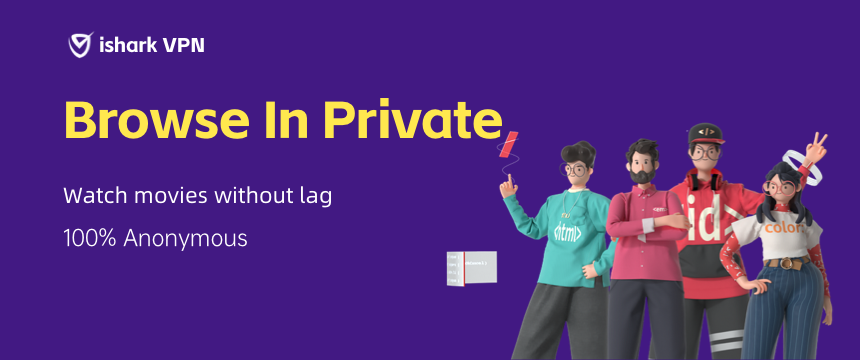Protecting Children's Online Safety: A Parent's Guide to Using VPN
ishark blog article
Introduction: With the widespread use of the internet, children are increasingly exposed to the online world in their daily lives. However, the internet poses various security risks and inappropriate content, presenting challenges to children's online safety. To protect children's online safety, parents can utilize a Virtual Private Network (VPN) to filter content, restrict access, and safeguard privacy. This article emphasizes the importance of protecting children's online safety, provides a practical guide for parents to use VPN for safeguarding children's online safety, and shares tips on educating children about online safety and fostering healthy internet habits.

I. The Importance of Protecting Children's Online Safety
Filtering Inappropriate Content: The internet contains a vast amount of content unsuitable for children. By using a VPN, parents can filter and block such content, ensuring that children access age-appropriate material.
Access Restrictions and Time Control: Through VPN, parents can set access control rules, limiting children's internet usage time and access to specific websites or applications. This helps establish reasonable internet habits and limits.
Protecting Privacy and Data Security: VPN encrypt children's internet connections, safeguarding their personal privacy and data security, preventing personal information from being stolen or misused by hackers.
II. Practical Guide for Using VPN to Protect Children's Online Safety
Home Network Filtering and Monitoring: Choose VPN services that support home network filtering and monitoring, and configure them according to the provider's guidelines. This helps block inappropriate content and monitor children's online activities.
Customize Access Control Rules: Set appropriate access control rules based on children's age and specific needs. These rules should limit their internet usage time and access to specific websites or applications.
Choose Suitable Server Locations: When selecting server locations, prioritize servers that are geographically closer to home to ensure lower latency and better connection speeds.
III. Educating Children about Online Safety and Fostering Healthy Internet Habits
Communication and Understanding: Communicate with children about the risks and precautions of the internet, making them aware of the importance of online safety and fostering good digital literacy.
Establish Rules and Boundaries: Collaborate with children to establish internet usage rules, including designated online hours, appropriate content, and unacceptable behaviors, helping them develop healthy online habits.
Monitoring and Engagement: Regularly monitor children's online activities and actively participate in their online experiences, guiding them to use the internet responsibly.

Conclusion:
Protecting children's online safety is a significant responsibility for parents. By using VPN to filter content, restrict access, and safeguard privacy, parents can create a safer online environment for their children. Additionally, educating children about online safety and fostering healthy internet habits empower them to navigate and learn from the internet effectively. Let us leverage the advantages of VPN to protect children's online safety, allowing them to explore and learn in the online world while enjoying a secure and meaningful online experience!









